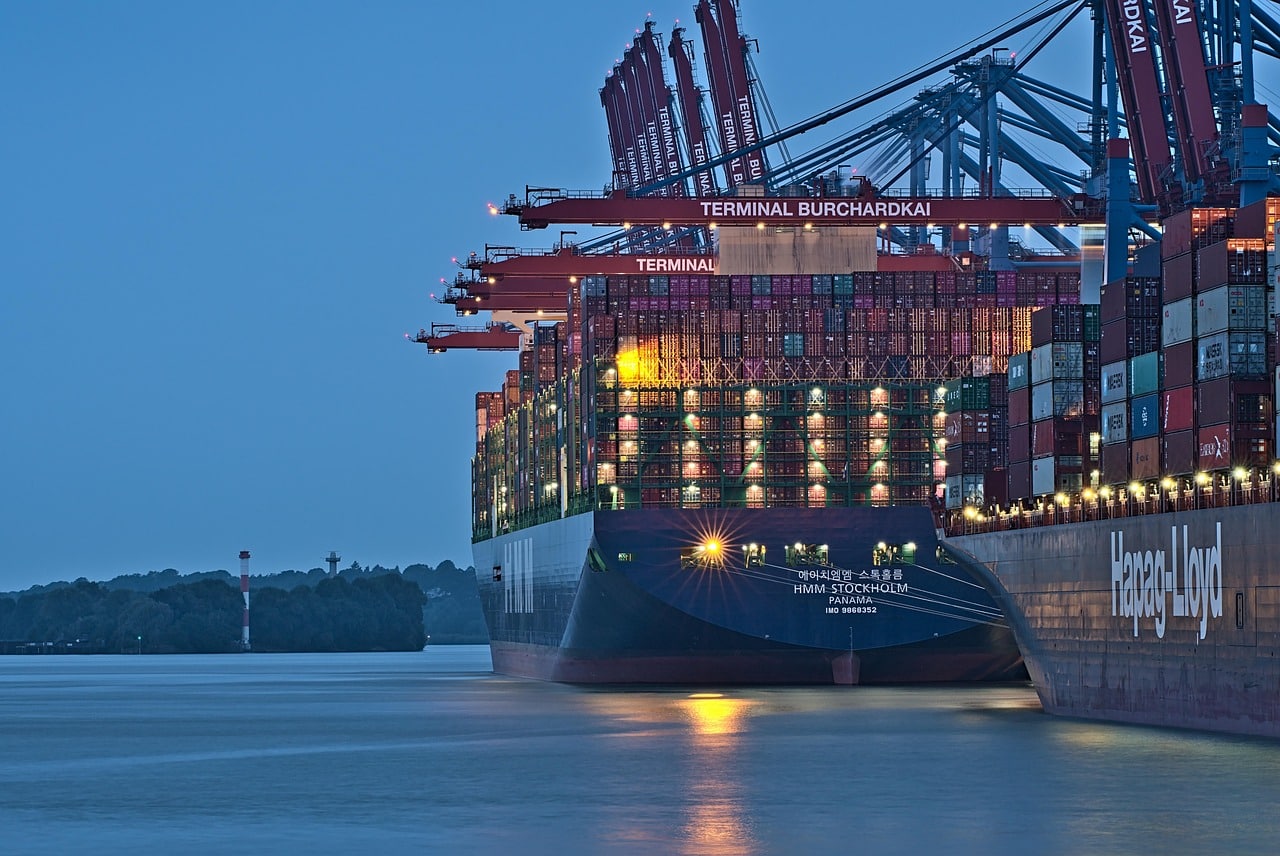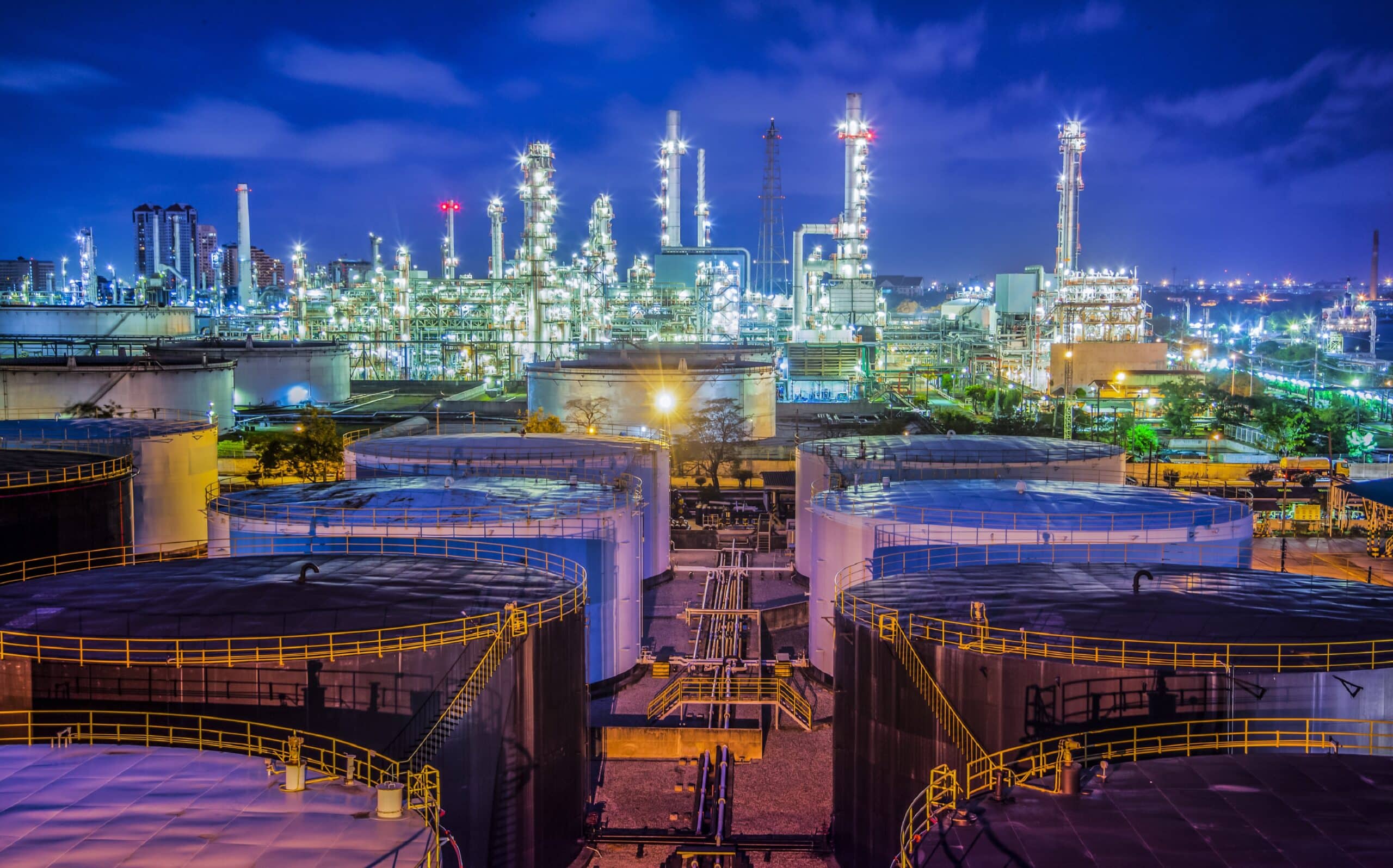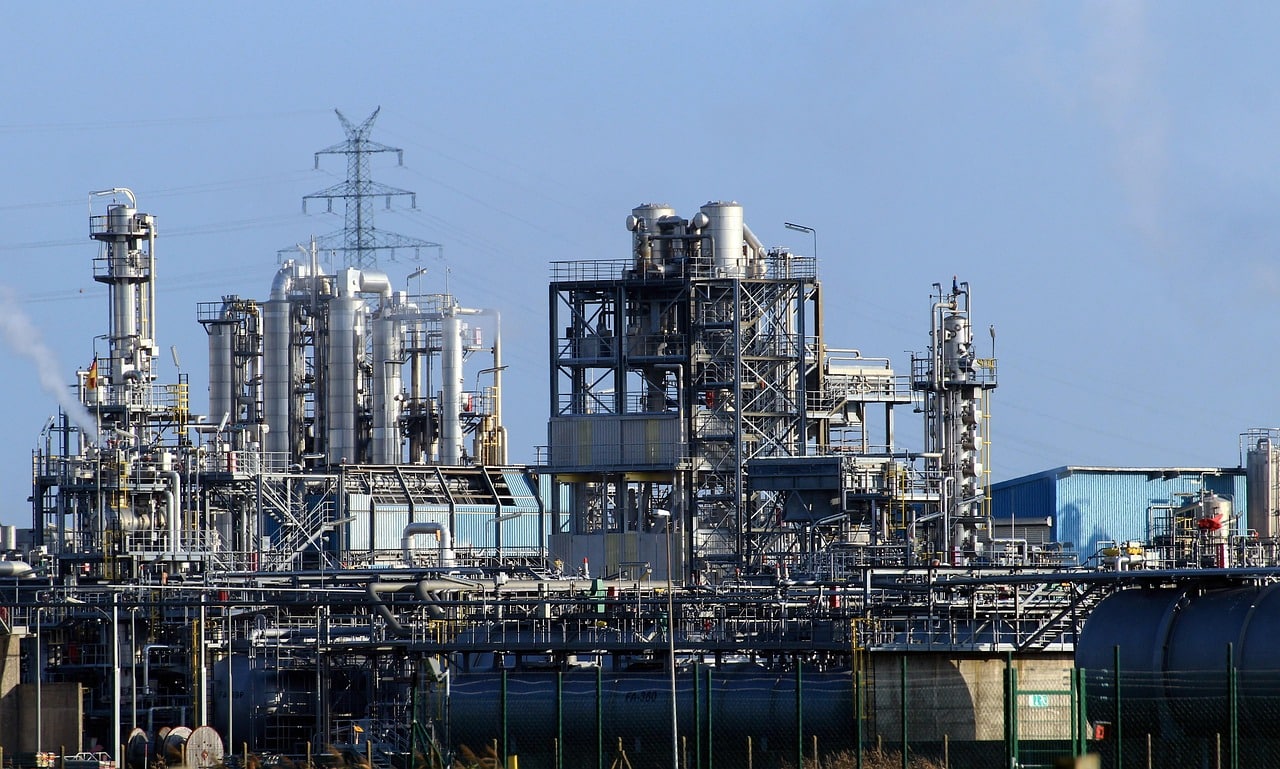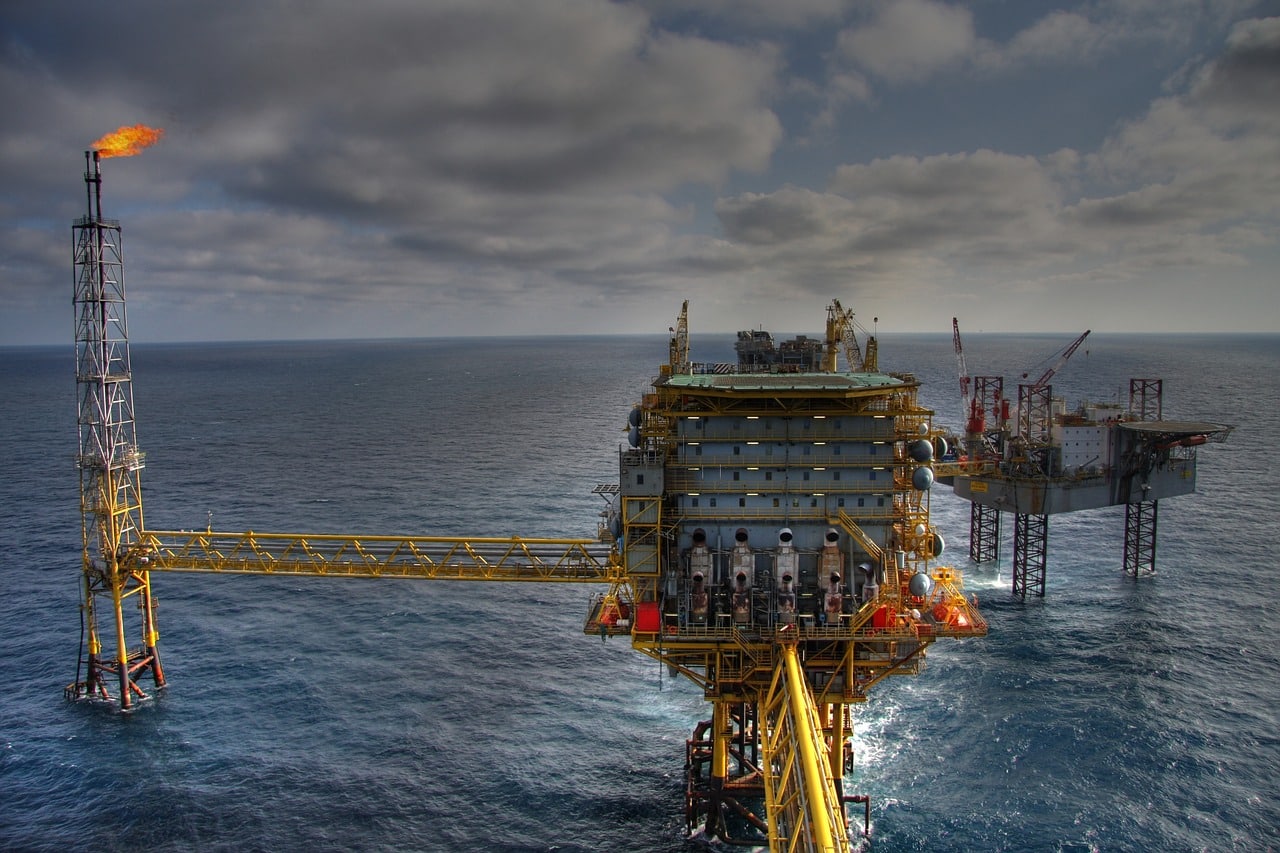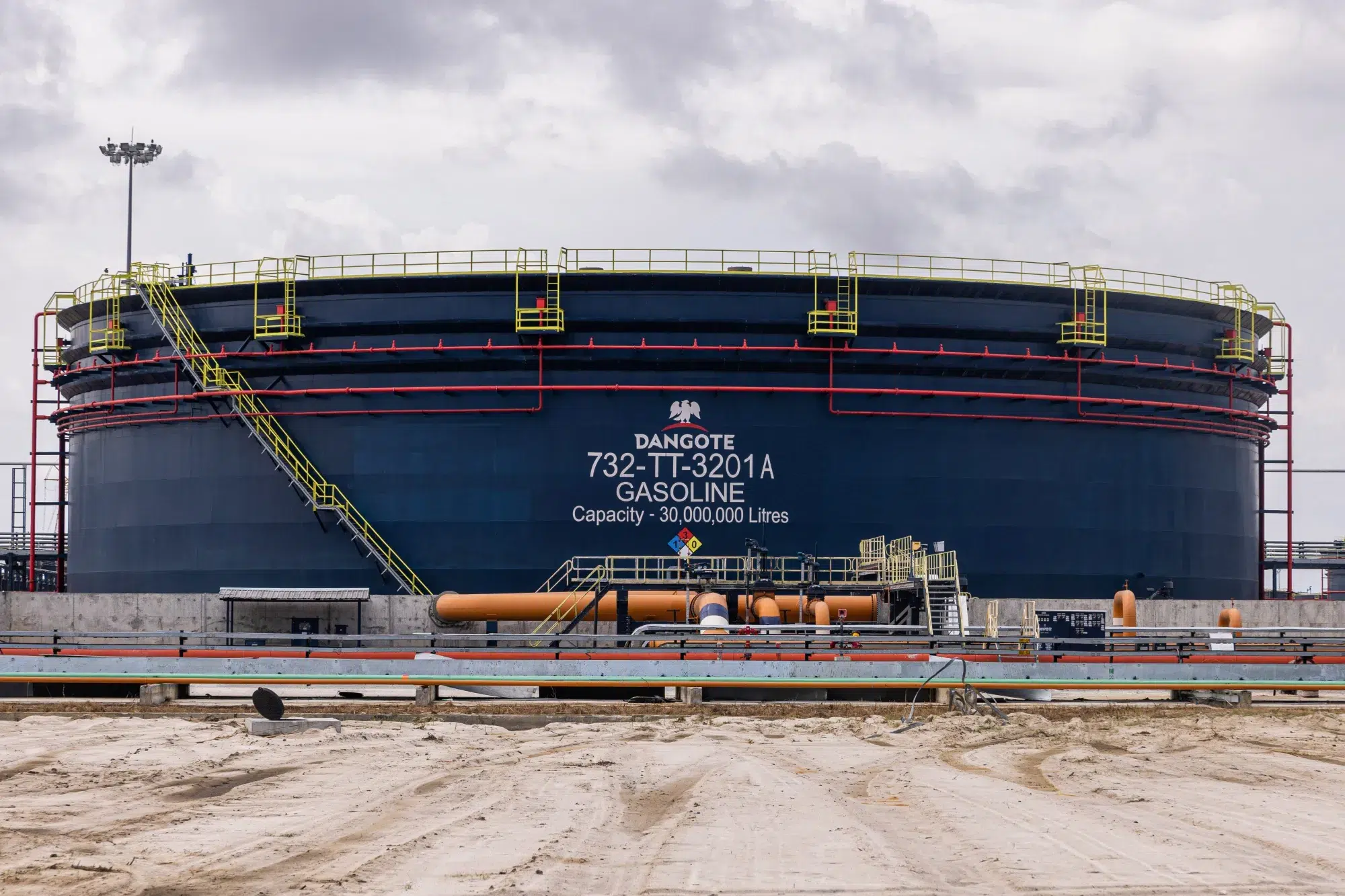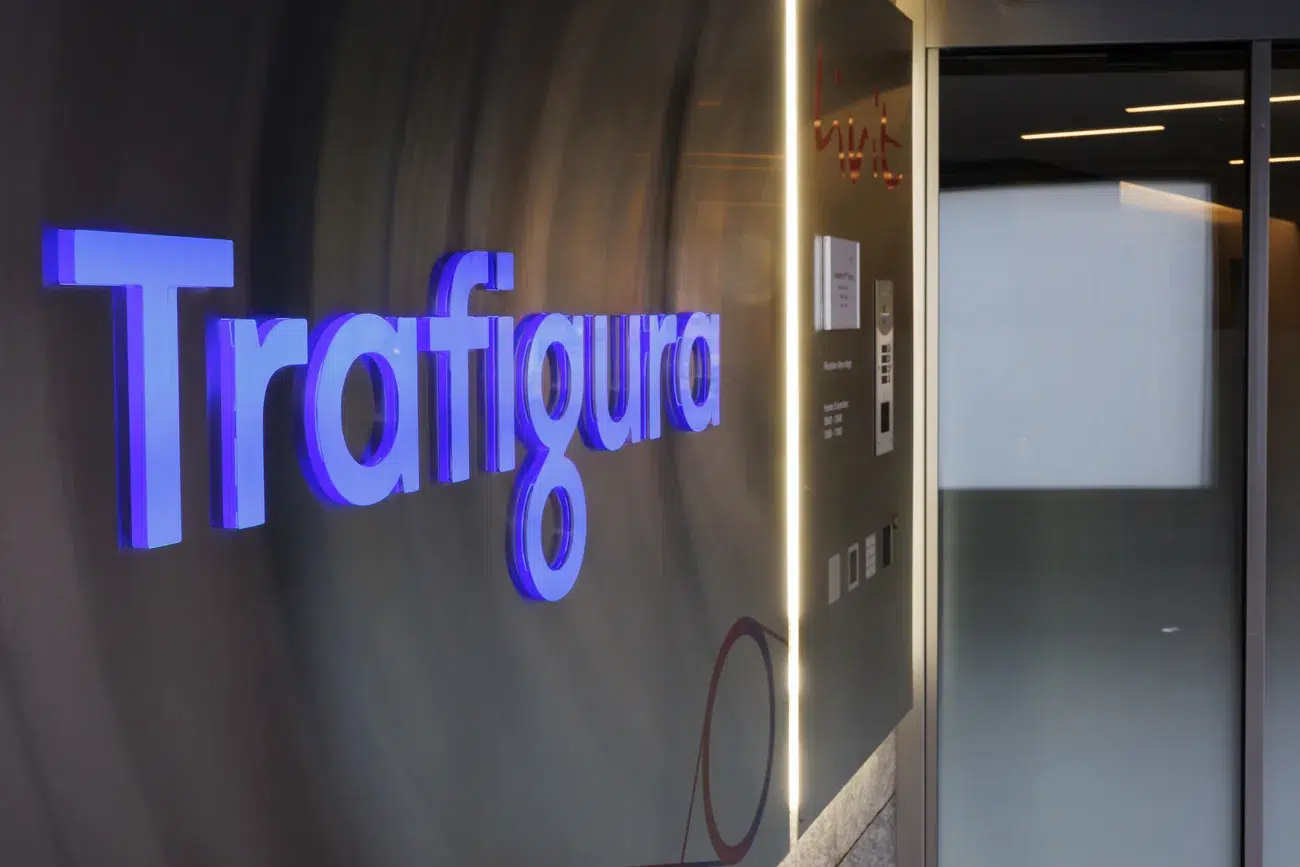Nigeria’s newest and largest oil and gas free trade zone, the Liberty Free Trade Zone (LFTZ), is increasingly drawing energy developers and industrial investors, with billions of dollars in commitments.
Located in Akwa Ibom State, the Liberty Free Trade Zone spans an impressive 50,215 hectares across six local government areas including Ikot Abasi, Ibeno, Mkpat Enin, Eastern Obolo, Oruk Anam and Onna.
This makes it the largest oil and gas free zone by landmass in West Africa.
The Zone was established by presidential declaration in July 2020 as a joint initiative of the Akwa Ibom State Government, NNPC, and private equity partners, including Sterling Petroleum and Fertiliser Limited, and the Black Rhino Group.
Rising investor interest in Liberty free trade zone
Since its establishment, the Liberty Free Trade Zone (LFTZ) has emerged as a magnet for investors eager to leverage its strategic location and policy incentives.
Within just one year of its launch, 12 licensed international companies had commenced operations in the zone, signaling strong early momentum.
According to the Oil & Gas Free Trade Zone Authority (OGFZA), the Liberty zone has recorded investment commitments exceeding $15 billion from these companies.
Bamanga Jada, CEO of OGFZA, revealed that the zone attracted over $1 billion in foreign direct investment (FDI) within the first 17 months of President Bola Tinubu’s administration.
This surge in investor activity is further supported by data from Bavijas Energy Consulting, an Akwa Ibom-based energy consultancy, which estimates that the zone has drawn more than $10 billion in energy-related investments over the past five years.
Among the major energy projects profiled by Bavijas within the Liberty Free Trade Zone are:
AHL-LONGi green hydrogen production plant
Among the most notable developments is a landmark €7.6 billion ($8.86 billion) green hydrogen deal signed in March 2025 between Nigeria and China.
The agreement, brokered within the Liberty Free Trade Zone, involves APPL Hydrogen Limited (AHL) and LONGi Green Energy Technology Company Limited, a global leader in renewables.
The project aims to create a “Hydrogen Polis” and will produce green methanol for export, as well as medical oxygen and food-grade carbon dioxide.
The initiative will be powered by a massive 2,600MW solar farm and involves a large battery storage system and other renewable energy sources.
200,000 bpd BUA refinery
The BUA Refinery is a large-scale, integrated refinery and petrochemical project being built by the BUA Group in the Ibeno axis of the Liberty Free Trade Zone.
It has a projected capacity of 200,000 barrels per day (bpd) and is expected to produce Euro-V standard gasoline, diesel, and jet fuel, as well as polypropylene, for domestic and regional markets.
The project, which aims to reduce Nigeria’s reliance on imported petroleum products, is being developed in partnership with the French company Axens, which is providing the process technology.
In February, BUA said the project was progressing steadily and on track to meet timelines, however dismissing media reports at the time that the plant was 90% complete.
The project is valued at approximately $3.5 billion to $3.8 billion, with some reports citing a figure as low as $2.5 billion.
LPG plant by Preheat Energies
Preheat Energies, led by former President Goodluck Jonathan, is an investment company partnering with the Akwa Ibom State government to build a Liquified Natural Gas (LNG) plant in the state.
The project aims to convert flared gas into cleaner energy, support the state’s energy transition goals, and is part of a broader plan to develop gas infrastructure within the Liberty Free Trade Zone.
The state government has approved land for the project, and meetings are ongoing to facilitate its take-off.
However, neither the capacity of the planned plant nor its cost is immediately clear. .
20,000 MT LPG depot by Windek Energy
Windek Energy signed a $100 million contractor financing deal with Cakasa Nigeria Limited in February 2025 to construct a 20,000 metric tonne Liquefied Petroleum Gas (LPG) storage facility in the Liberty Oil and Gas Free Zone in Atabrikang.
This project is intended to enhance Nigeria’s LPG storage capacity, improve the supply of clean and affordable cooking gas, and stimulate economic growth in the state.
The zone’s master plan also includes a Petroleum and Energy District, designed to host upstream, midstream, and downstream activities under a unified industrial ecosystem.
Qua Iboe Power Plant (QIPP)
This is a proposed 540-MW gas-fired power station in Ibeno, designed to be one of the country’s largest independent power projects.
The plant, valued at approximately $1.1 billion, will be fired by natural gas sourced from Seplat Energy’s offshore fields, formerly owned by ExxonMobil.
The project is being developed by U.S. investors and supported by the World Bank’s Multilateral Investment Guarantee Agency (MIGA) for risk mitigation.
However, the initiative is currently facing delays due to the Nigerian government’s inability to finalize key contractual agreements.
Legacy investments in the Zone
According to Bavijas, the Liberty Free Trade Zone is strengthened by a series of pre-existing developments and investments that are now being integrated into its operational framework.
They include:
Ibom Power Plant: This is a gas-fired electricity generation facility with an installed capacity of 191MW (expandable to up to 685MW) located in Ikot Abasi, close to the Liberty Zone.
It is one of the country’s pioneering independent power projects, owned by the Akwa Ibom State Government.
The plant is powered exclusively by piped natural gas from Savannah Energy’s Uquo plant in Esit Eket.
Alscon smelter plant: This aluminium smelting plant is a major industrial facility located in Ikot Abasi, designed to produce approximately 200,000 tons of billets annually. The plant has faced decades of operational setbacks, but recent government efforts aim to bring it back to life.
The short term plan is to first revive and reconnect a 540MW gas-fired power plant attached to the smelter to the national grid.
Seplat’s Qua Iboe terminal: This is one of Nigeria’s most important oil export facilities, located 30km off the shores of Ibeno.
It uses a system of loading platforms and Single Buoy Moorings (SBMs) to handle crude oil shipments and is connected to onshore facilities via pipelines for processing and storage.
Operated by Seplat Energy, the facility serves as a key hub for the export of Qua Iboe crude oil, one of Nigeria’s premium grades, and plays a central role in the country’s petroleum logistics and revenue generation.
On the whole, these assets not only provide immediate infrastructure and capacity support to accelerate industrial rollout, but also signal long-term commitment from investors and government stakeholders.
What this means for the economy
The Liberty Free Trade Zone enhances Nigeria’s competitiveness in the global energy market by offering tax incentives, streamlined regulations, and proximity to export routes like Qua Iboe and the planned Ibom deep seaport.
It serves as a launchpad for green hydrogen, LNG, and petrochemical exports, fitting into Nigeria’s broader strategy to attract foreign investment and boost industrialisation.
The zone is expected to generate thousands of direct and indirect jobs, stimulate local enterprise growth, and improve infrastructure in surrounding communities.
With over $10 billion worth of energy investments already committed by a tall list of investors in the past 5 years, LFTZ is fast becoming an essential tool in economic transformation.
However, many Nigerians are patiently waiting to experience the tangible economic benefits that these high-impact energy projects promise to deliver in the years ahead.

